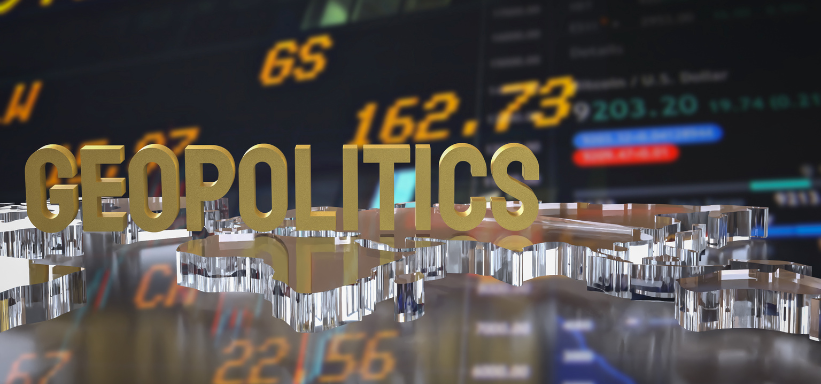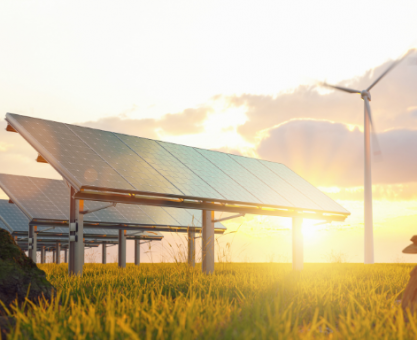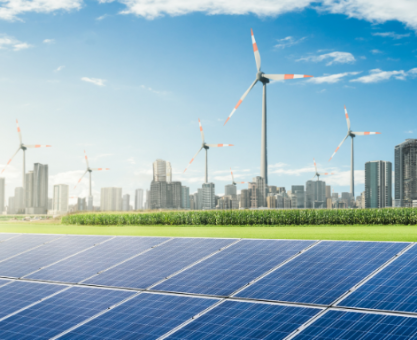Executive Summary
-
Geopolitical changes are reshaping global energy markets, influencing both supply and demand dynamics.
-
Countries rich in renewable resources emerge as winners, while those reliant on fossil fuels face challenges.
-
Investors must navigate complex geopolitical landscapes to capitalize on emerging energy trends.
-
Strategic alliances and technological advancements are key drivers in mitigating geopolitical risks.
Introduction
In an increasingly interconnected world, geopolitical shifts are having profound impacts on global energy markets. From trade wars to shifting alliances, these dynamics affect both the supply and demand for energy resources. For investors, founders, and corporates, understanding these changes is crucial for making informed decisions. This article delves into who stands to gain and lose amid these shifts and provides insights on navigating the evolving landscape of energy markets.
Definitions / Context
Geopolitical Shifts refer to changes in the political dynamics between countries that influence global market operations. In the context of energy, these shifts impact trade routes, pricing, regulatory access, and the viability of investments.
Energy Markets consist of the global ecosystem for sourcing, trading, and investing in energy resources such as oil, coal, natural gas, solar, wind, and other renewables.
Benefits / Pros
-
Diversification of Energy Sources: Countries focusing on renewables reduce dependence on politically unstable regions.
-
Emerging Market Growth: Developing economies like India and China are investing heavily in clean energy, creating attractive investment environments.
-
Tech-Driven Resilience: Breakthroughs in energy storage, smart grids, and efficiency tools offer protection against geopolitical volatility.
Risks / Cons / Challenges
-
Fossil Fuel Dependency: Economies reliant on oil and gas exports may face declining revenues as global energy shifts to clean alternatives.
-
Trade Wars and Tariffs: Diplomatic tensions may lead to restricted energy access or inflated costs.
-
Policy Uncertainty: Regulatory unpredictability in certain regions can discourage long-term energy investments.
Step-by-Step Process
How to Navigate Geopolitical Risks in Energy Investment:
-
Conduct Market Intelligence: Analyze how geopolitical events affect specific energy sectors and regions.
-
Diversify Energy Portfolios: Balance exposure across traditional and renewable energy markets.
-
Work With Regional Experts: Partner with local consultants to understand political and regulatory nuances.
-
Leverage Technological Insights: Use AI tools and analytics to predict trends and hedge risks proactively.
In response to growing energy insecurity and rising geopolitical tensions, Germany implemented its ambitious Energiewende (energy transition) strategy. By accelerating investment in wind, solar, and hydro, Germany reduced its dependence on Russian natural gas. Despite initial economic challenges, the shift has fortified its energy resilience and positioned it as a global leader in renewable innovation.
— Germany’s Renewable Energy Transition
Expert Tips / Strategic Insights
-
Epiidosis Recommends: Focus on countries with stable political climates and long-term energy transition policies.
-
Partnership Leverage: Join global alliances and investment forums that promote sustainable energy cooperation.
-
Legal Readiness: Maintain legal teams that specialize in international trade laws affecting energy investments.
Tools / Resources / Calculators
-
Geopolitical Risk Indices – Tools like the Geopolitical Risk Index (GPR) from Federal Reserve Bank data help measure risk levels.
-
Bloomberg New Energy Finance (BNEF) – Analyze clean energy market trends and forecasts.
-
International Energy Agency (IEA) – Access global policy updates and renewable adoption statistics.
Conclusion
Geopolitical shifts are redefining the landscape of global energy markets, creating both significant challenges and fresh opportunities. Stakeholders who understand the implications and deploy diversified, tech-forward, and well-researched investment strategies will emerge as market leaders. In this ever-changing global arena, the ability to adapt quickly is a competitive advantage.




















